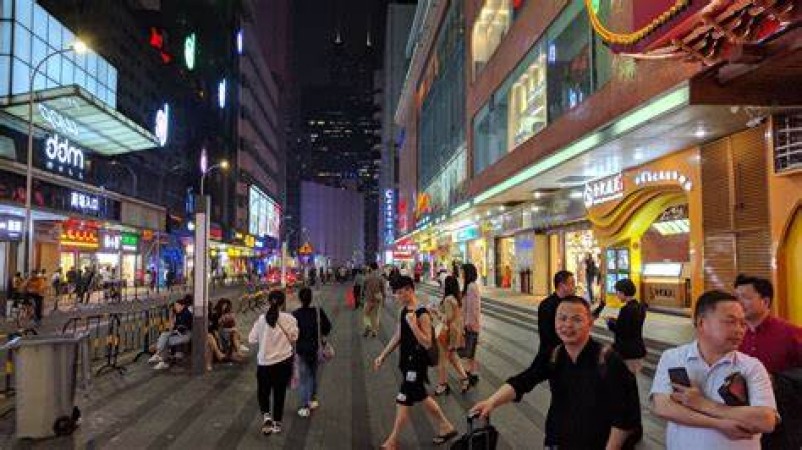
In a surprising move, China is contemplating a new rule that could lead to penalties for wearing clothing deemed offensive to the Communist government. This development has sparked significant debate and concerns both within and outside China. Let's delve into the details.
The proposed ban, outlined in a draft modification to Chinese law, aims to curb behavior that is considered "detrimental to the spirit of the Chinese people and hurts the feelings of the Chinese people." This encompasses a wide range of actions, including clothing choices and speech.
If this law is enacted, individuals found in violation could face severe consequences. They might be subject to fines of up to 5,000 yuan (£545) or even imprisonment for up to 15 days. However, what exactly constitutes offensive attire or speech remains unclear, leaving many in a state of uncertainty.
This controversial legislation is part of President Xi Jinping's ongoing campaign to suppress dissent and maintain control over the nation's 1.4 billion inhabitants. The Chinese government has taken numerous measures to regulate public behavior and expression, aiming to ensure conformity with the Communist Party's ideologies.
China has a history of imposing clothing-related restrictions. In one instance, a woman in Suzhou was jailed for wearing a traditional Japanese kimono, raising questions about the extent of such regulations. Additionally, the government cracked down on individuals wearing rainbow shirts and displaying pro-LGBTQ+ symbols at events, further fueling concerns about personal freedoms.
The proposed clothing ban has triggered outrage on social media platforms among Chinese citizens. Many have expressed skepticism about how the government can determine when an individual's attire or speech is offensive to the nation's sensibilities. Some have questioned the resilience of the Chinese nation's spirit and its vulnerability to clothing choices.
Earlier this year, during pro-democracy protests in Hong Kong, the Chinese government prohibited the shipment of black clothing to the city. This move aimed to suppress protesters who wore black T-shirts, jeans, and face masks as a symbol of their cause. The ban also extended to various other items, including helmets, umbrellas, and drones.
China's contemplation of legislation to ban clothing that 'hurts feelings' has garnered significant international attention. Observers are keen to see how this law, if enacted, will impact individual liberties within China and the broader societal landscape.
As this contentious issue unfolds, it raises fundamental questions about freedom of expression, individual rights, and the role of the government in regulating personal choices. We invite you to share your thoughts on this matter in the comments below.